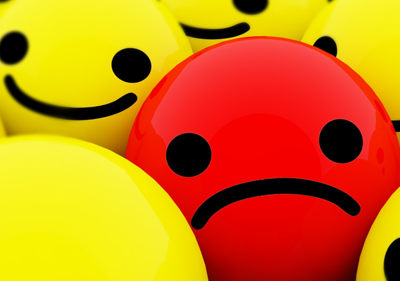Why “What’s for dinner?” Can Hurt Your Relationship
/ Relationship researchers and counselors have long argued that how a couple fights is important to the stability of that relationship. But what about how a couple celebrates with each other? Psychology researcher Shelly Gable studied the impact of various responses of how a couple celebrates their successes. She found that their interaction style when sharing positive events was more predictive of the health of their relationship than how the couple handled conflicts.
Relationship researchers and counselors have long argued that how a couple fights is important to the stability of that relationship. But what about how a couple celebrates with each other? Psychology researcher Shelly Gable studied the impact of various responses of how a couple celebrates their successes. She found that their interaction style when sharing positive events was more predictive of the health of their relationship than how the couple handled conflicts.
The example conversation in the box above is borrowed from Martin Seligman’s positive psychology book Flourish. Can you find yourself in these conversations? Can you hear the voices of your parents? I think that many folks learn whether to be active/passive or constructive/destructive from the interaction styles of their parents. However, although you might have learned a certain reaction style or you believe that you “naturally” react in more passive or destructive ways, you can practice a new style. Ask yourself and your partner about the importance of supporting each other when something good has happened, and make a committment to practice new ways to be more mindful in these interactions. I also suggest that you observe these types of interactions in your family, friends, and coworkers, so you can feel for yourself the powerful difference being active and constructive makes.
~Dr. Jenn Gunsaullus, San Diego, CA -- Sociologist, Sexologist, Sexuality Speaker




































